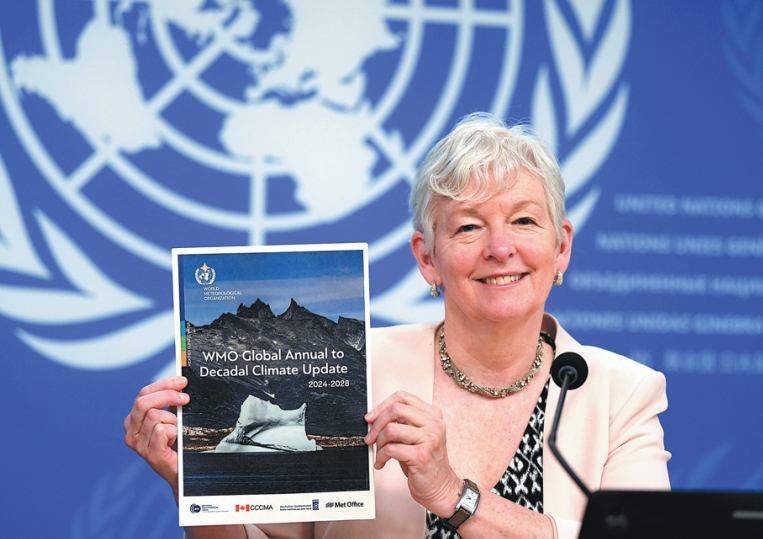ANN/CHINA DAILY – US President Joe Biden’s recent tariff increases on Chinese imports, especially clean energy products, have faced criticism for potentially hindering the US green transition and climate goals.
Last month, the US Trade Representative announced significant tariff hikes on various Chinese goods, including critical clean energy components.
Experts caution that these tariffs will likely raise costs for US consumers and businesses, potentially slowing the shift to renewable energy sources.
“The US lacks the domestic capacity to produce clean energy products at competitive prices,” stated Kyle Handley, an economics professor and director of the Center for Commerce and Diplomacy at UC San Diego.
As climate change continues to impact the planet, UN Secretary-General Antonio Guterres has called for tripling renewable energy use by 2030, stressing the need for substantial carbon dioxide reductions.

“Chinese clean energy goods could have been crucial for the US green transition,” Handley added. “But now, higher costs may slow down the adoption of clean energy technology.”
In response, Handley developed the Biden Tariff Analyser app to help users identify top global suppliers for tariff-affected products, providing insight into potential price increases.
He highlighted how the tariffs would impact electric vehicle (EV) batteries and solar cells. “Even if EVs are assembled in the US, they will be more expensive due to higher battery costs,” he explained. “Similarly, tariffs on solar cells will raise the final product’s cost, discouraging solar panel installations.”
The White House announced that the tariff on lithium-ion EV batteries will rise from 7.5 per cent to 25 per cent this year, with a similar increase for non-EV batteries in 2026. Battery parts tariffs will also increase to 25 per cent.
According to Handley’s app, China was the top supplier of lithium-ion batteries to the US last year, accounting for 71.7 per cent of imports, with South Korea a distant second at 10 per cent. For EV batteries, China supplied 65.1 per cent of US imports, followed by Poland at 18.3 per cent.
Handley noted the complexity and ambiguity of the tariff announcement, emphasising that managing a supply chain under these conditions is costly. His app aims to streamline information for businesses affected by the new tariffs.
Politicians have also criticised the tariffs for conflicting with Biden’s climate priorities. Colorado Governor Jared Polis called the tariffs “horrible news for American consumers and a major setback for clean energy” on X.
A Bloomberg editorial echoed this sentiment, arguing that protectionism will raise labour costs, reduce competitiveness, and hinder innovation.
Research from the Cato Institute supports this view. Economist Erica York found that tariffs imposed by former President Trump in 2018 and 2019 largely burdened US consumers, resulting in higher prices and reduced export growth.
She argued that tariffs often harm consumers and the economy, benefiting only select companies and workers at a broader economic cost.






